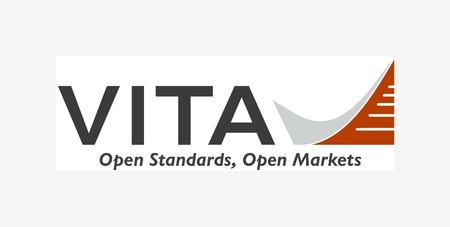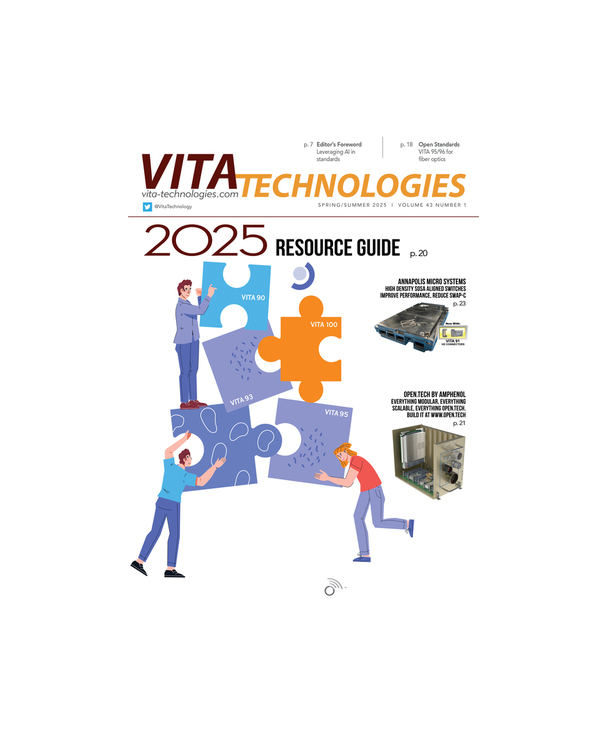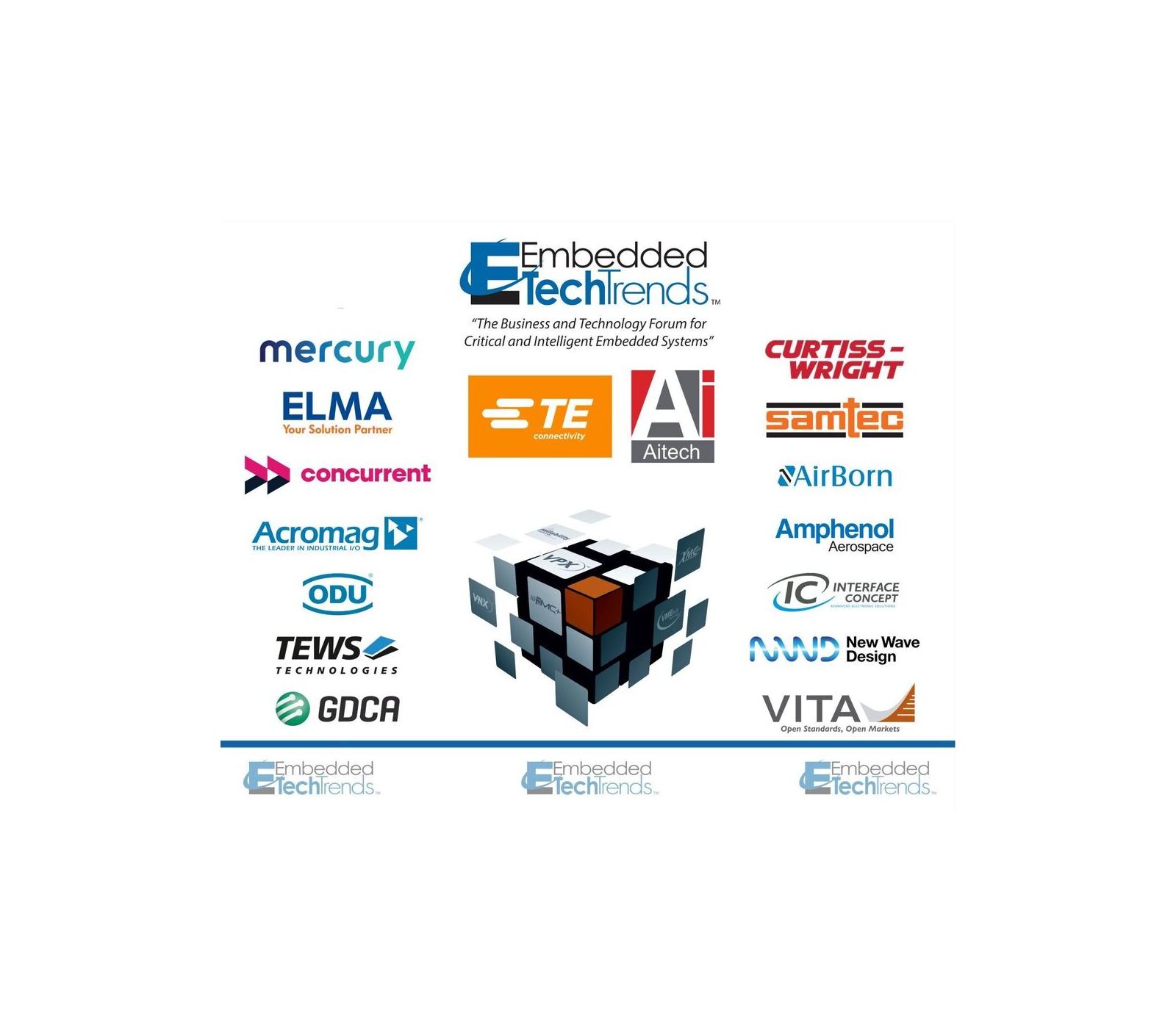The recent announcement of the VITA-VNX Marketing Alliance formation to foster open system architectures in critical and intelligent embedded systems is another positive step forward for the VITA 74 NanoX small form factor (SFF) standard, and marks a good time to remember the story behind the VITA 74 NanoX standard and the current progress that is being made.
In early 2010, the VITA 74 working group was chartered by the VITA Standards Organization (VSO) and sponsored by Elma Bustronics (now Elma Electronics), CES (Creative Electronic Systems), Molex, Samtec, and Themis Computer. The requirement from the user community was for a standards-based approach for small conduction-cooled systems and size, weight, and power (SWaP)-important applications. These applications included aerospace, unmanned vehicles, robotics, man-wearable systems, and energy exploration. Many of these programs require electronic subsystems that are both rugged and mobile or portable, something that is impossible with traditional 3U and 6U racks of backplane-based systems.
While computer-on-module (COM) standards like those for the Nano ETX Express miniature processor modules and the VITA standards for VPX, OpenVPX, XMC, and FMC inspired the direction of VITA 74, the need for a similar price point to PC/104 was perhaps the most important inspiration. The initial goals of the standard included boards that were the size of a credit card, stand-alone computers that were the size of a deck of playing cards, and systems that were the size of a Rubik’s Cube. VITA 74 systems were intended to offer tremendous weight and power savings at a fraction of the cost of larger legacy 3U and 6U systems whilst achieving comparable performance.
VITA 74’s modular architecture goes further to target thermally challenged conduction cooled SFF system requirements. COM SFF board standards have typically focused on the board’s electrical standards and the maximum physical dimensions and left it to the integrator to implement a workable thermal interface design, which often requires custom chip level thermal interfaces. In contrast, VITA 74 provides all interfaces defined and fixed at the module level (electrical, mechanical, and thermal), making thermal and mechanical interfacing simple and uniform.
Since 2010, the VITA 74 working group has received significant contribution from several merchant board manufacturers, system integrators, and defense primes. Much of the success is because this standard draws upon the experience of existing standards, which have reduced risk and schedule, but perhaps the best measure of the VITA 74 NanoX standard is the steady year-over-year growth in committed supporters and users, as well as design wins with VITA 74 in new programs. Additionally, when you look at the fruit of this labor, you see the increase in robust, SWaP-ready VITA 74 and NanoX systems offerings, the evolution of a standards-based path to SFF systems, and the multiple suppliers and customers who have embraced or adopted this emerging standard. We are still at the early stages of the development of a focused ecosystem for VITA 74 but the interest is growing each week.
Work still remains to take the specification beyond its current VITA “Draft for Trial Use” status. The working group participants are eagerly gathering feedback as they prepare to take this standard to the finish line.
Themis Computer and the other VNX Marketing Alliance members are committed to combining cost-effective, low-power processors and circuit cards with the most efficiently possible thermal management in the smallest packaging possible. We each view our participation in the VNX Marketing Alliance and the increasing emergence of products built to the VITA 74 NanoX standard as vital and an indication that this steady momentum is only increasing and that many, small good things are to come.
Learn more about VNX by visiting the ecosystem webpage at www.vita.com/vnx. Here you can learn more about the VNX technology, products, and suppliers of this revolutionizing small form factor technology for critical and intelligent embedded computing systems.
Themis Computer 510-252-0870 www.themis.com












